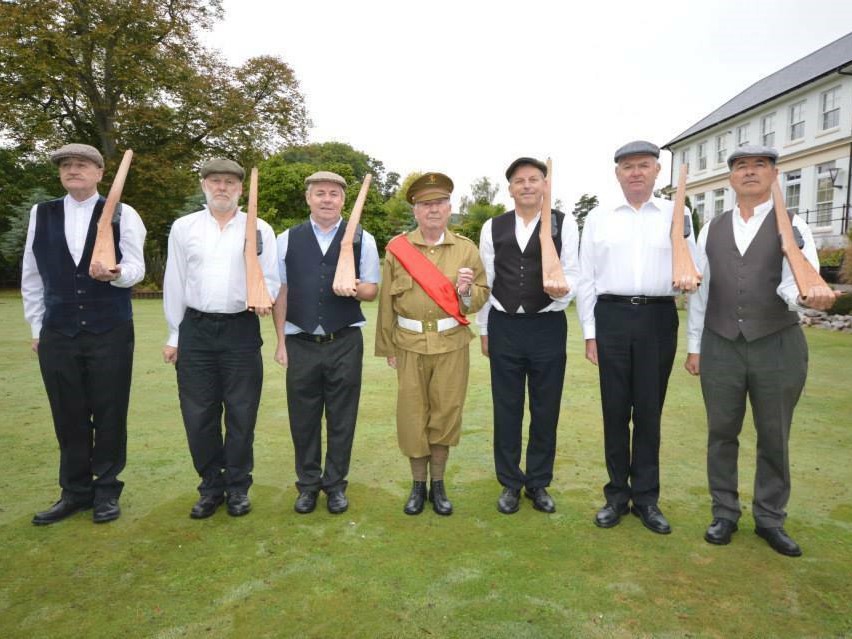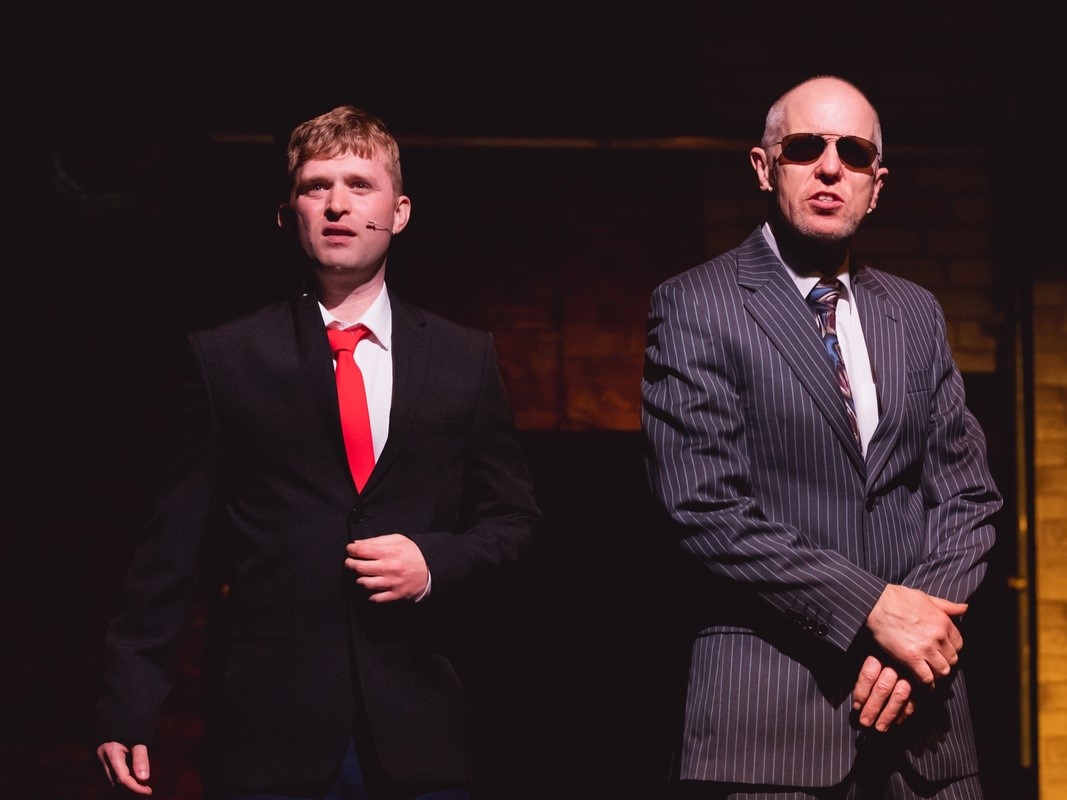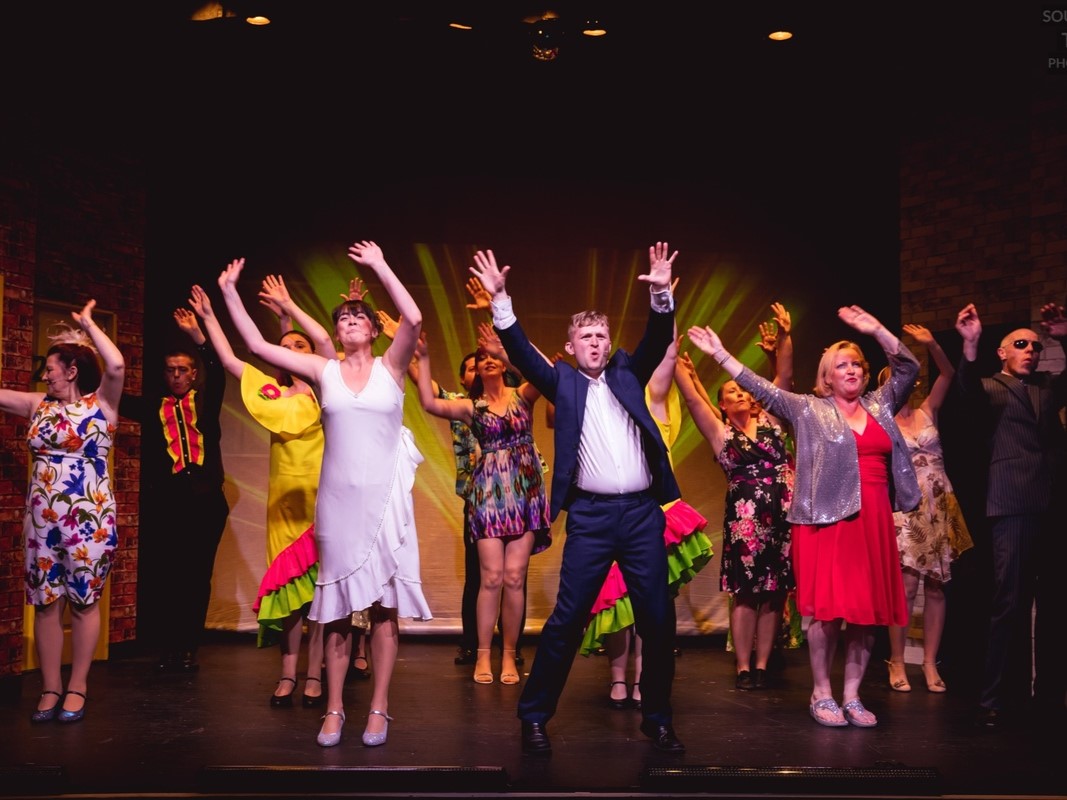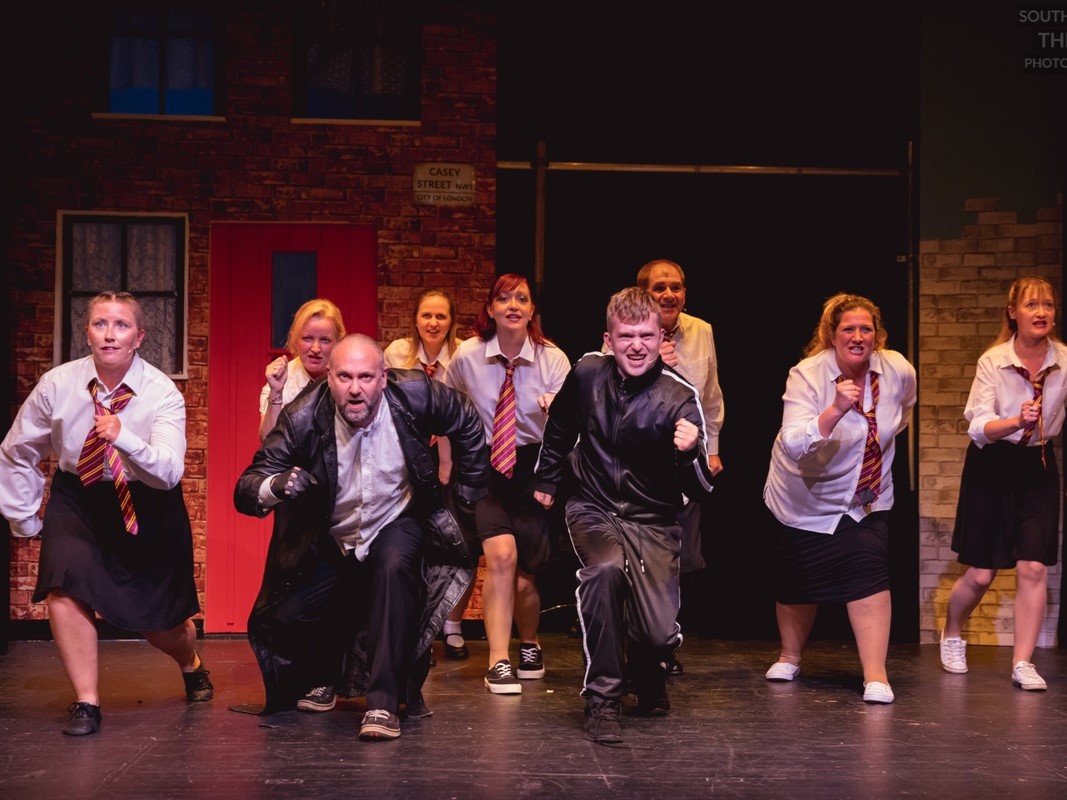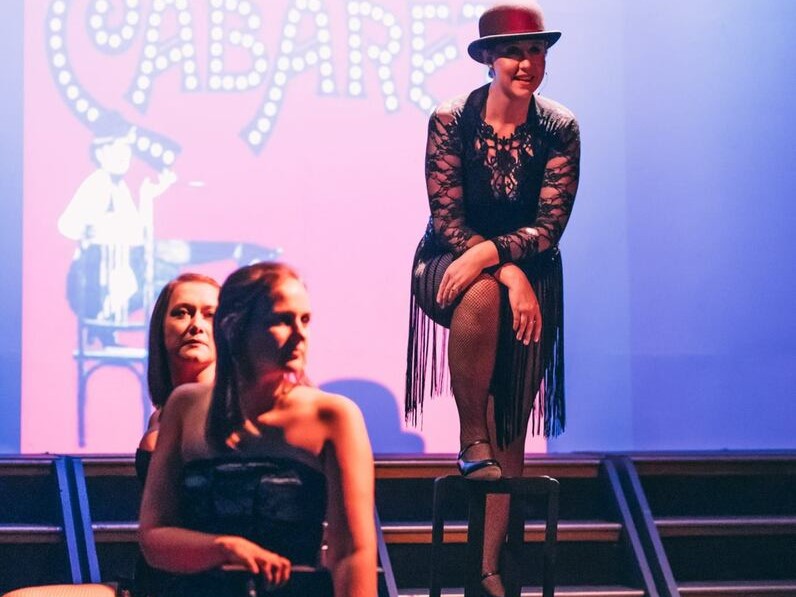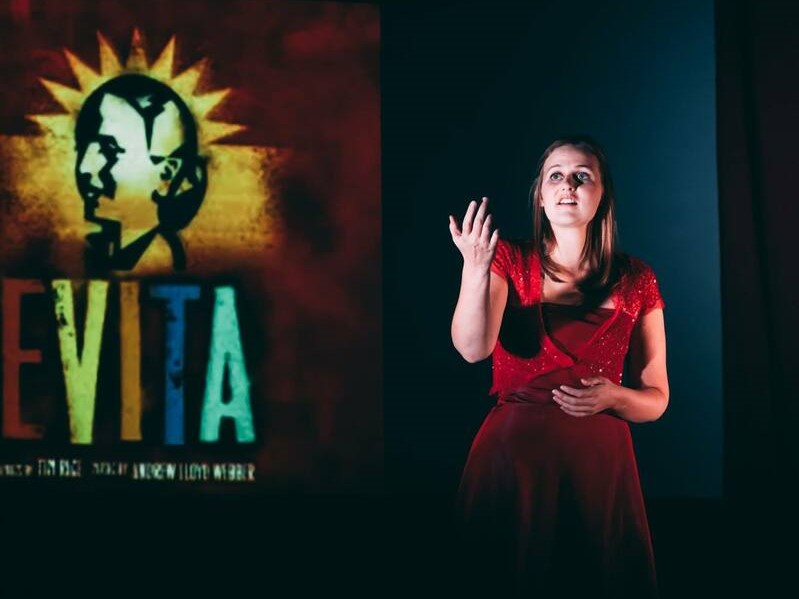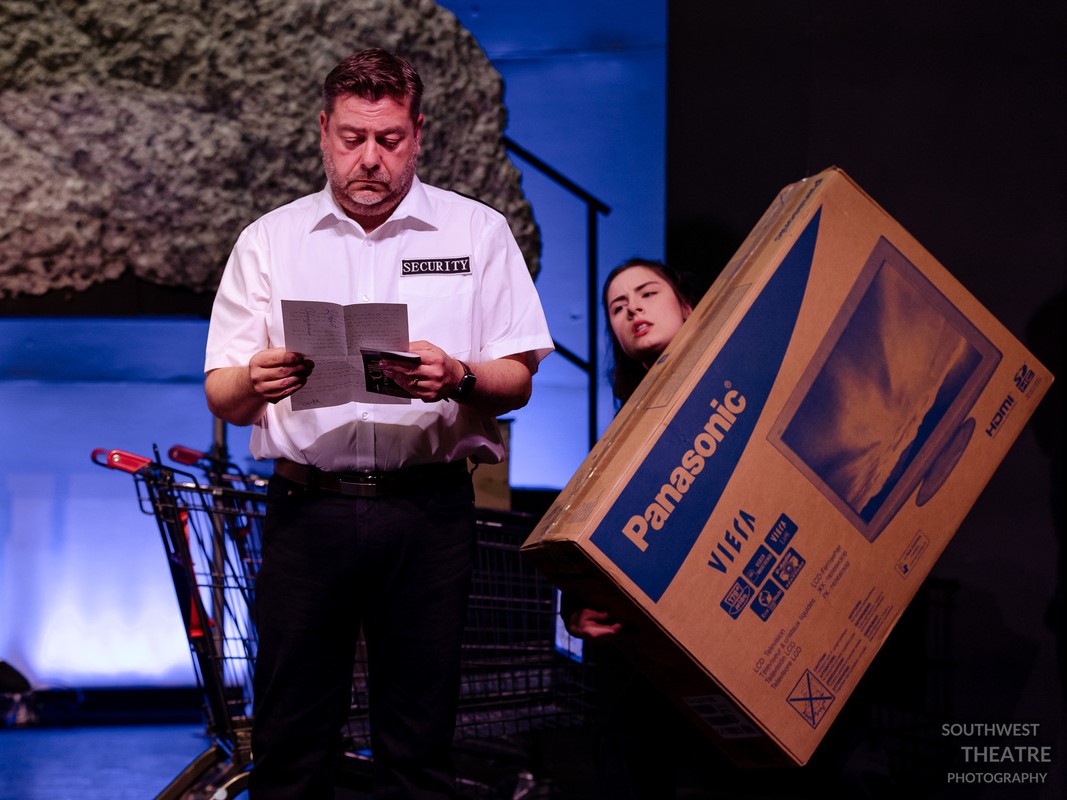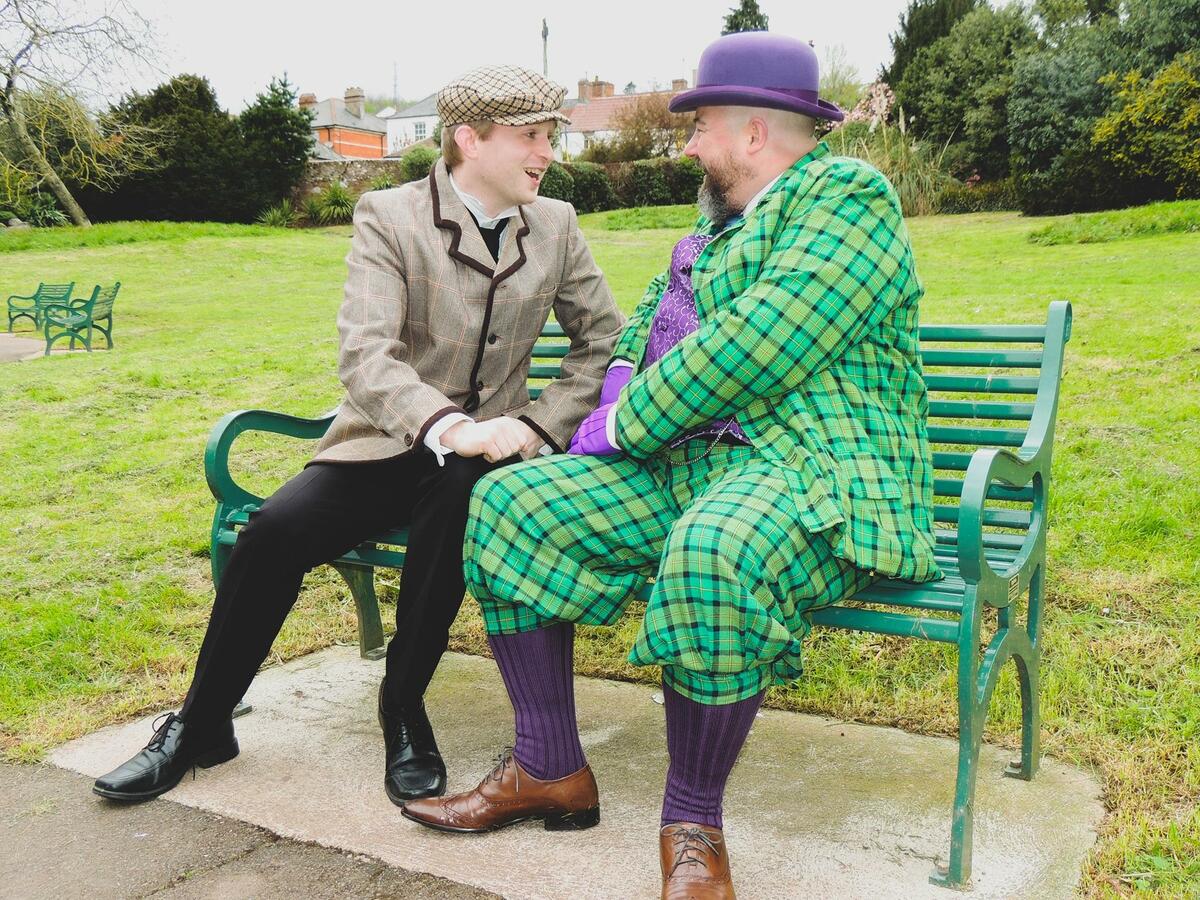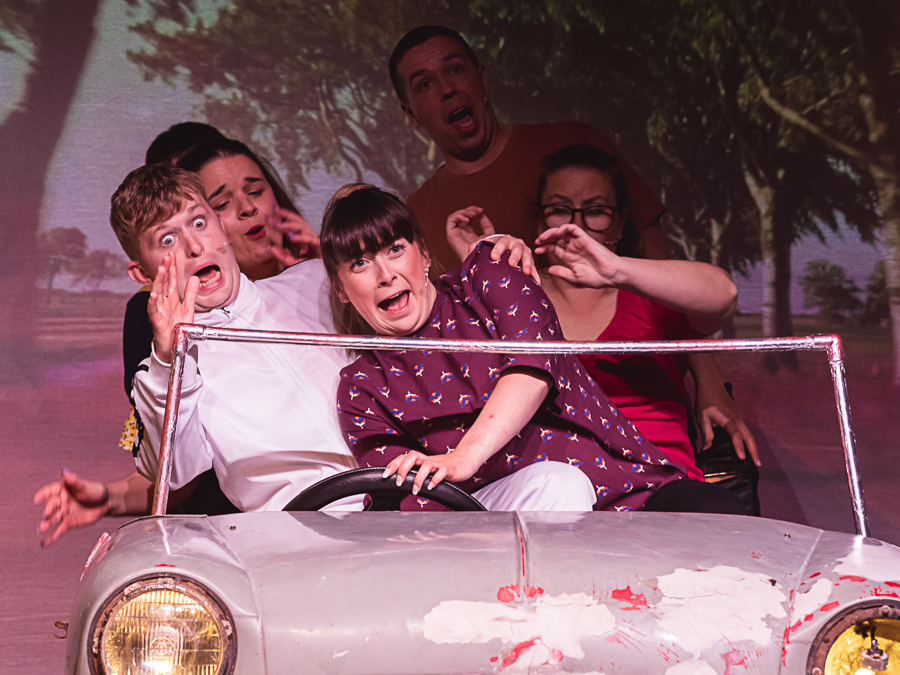Sister Act: The Musical

Ever wondered how a hit movie becomes a Broadway sensation? Well, that’s exactly what happened with “Sister Act”! Remember that fantastic 1992 film starring Whoopi Goldberg? It got a musical makeover that’s been wowing audiences ever since.
The show’s music comes from Alan Menken (you know him - he’s the genius behind all those Disney classics you love!) with lyrics by Glenn Slater. The story was adapted by Cheri and Bill Steinkellner, with Douglas Carter Beane adding some extra pizzazz later on.
Here’s a fun twist - while the movie was set in modern-day San Francisco, the stage version takes us back to the groovy 1970s Philadelphia! Think disco balls, platform shoes, and funky beats. This clever change let Menken create an original score that’s bursting with disco rhythms, Motown grooves, and soul-stirring gospel. It’s nothing like the movie’s pop covers - this is a whole new musical experience! After premiering in Pasadena in 2006, the show made its way to London’s West End in 2009 - with Whoopi herself as one of the producers! By 2011, it hit Broadway and scooped up five Tony nominations. Since then, it’s been traveling the world, spreading musical joy everywhere it goes.
So what’s it all about? Meet Deloris Van Cartier, a nightclub singer who’s in the wrong place at the wrong time when she witnesses her boyfriend Curtis (who’s bad news, by the way) commit murder. For her protection, the police hide her in the last place anyone would look - a convent! Disguised as “Sister Mary Clarence,” Deloris struggles with the quiet, disciplined life until she finds her calling - transforming the nuns’ out-of-tune choir into something truly heavenly. But as their newfound fame grows, so does the risk of Curtis finding her...
You’ll be dancing in your seat to showstoppers like “Raise Your Voice” (just wait for that moment when the choir finally clicks!), the disco-tastic “Fabulous, Baby!” and the heartwarming “Spread the Love Around.” The music is absolutely infectious!
What makes this show really special, though, is its heart. Beyond all the sequins and high notes, it’s about finding friendship in unexpected places and how music can bridge even the widest divides. Watching Deloris and the nuns go from suspicious strangers to genuine sisters is both hilarious and touching.
And talk about visual treats! The costumes are a riot - especially those nun habits that somehow get more sparkly as the show progresses. The lighting shifts beautifully between the sacred convent world and the flashy nightclub scenes.
For amateur theatre companies, “Sister Act” is a goldmine! It offers amazing roles for women of all ages (hello, Mother Superior and Sister Mary Robert!), plus great parts for men like shy cop Eddie “Sweaty Eddie” Souther, villainous Curtis, and his bumbling henchmen. With its blend of comedy, heart, and roof-raising musical numbers, it’s guaranteed to have your audiences shouting “Hallelujah!”
So get ready to raise your voice and spread the love around with this divine musical comedy!
Sponsorship
Stained Glass Windows Sponsored By

Noda Report
Author: Iain Douglas
Sister Act has been around on the amateur stage for 11 years now. I was lucky enough to appear as Sweaty Eddie in the SW amateur premier in 2014. After a period of release restrictions, it is now available once again, and this was a good vehicle for Dawlish
This is not an easy show to present, dramatically or musically. At its heart are the themes of identity and transformation. In the opening scene we find Deloris Van Cartier as a struggling nightclub singer who accidentally witnesses her boyfriend committing a murder. Hidden away in a convent to avoid detection, she finds purpose, humility and genuine connection.
The themes of community and sisterhood are also a strong backbone to the story. The bond that develops between the nuns and Deloris and also among themselves reflects the power of unity and acceptance. Despite initial differences the characters learn from, and support , each other. This is especially so in the relationship between Mother Superior and Deloris.
While not overtly religious in message, the musical touches on ideas of faith — not just in a higher power, but in each other, in music, and in personal change. The convent becomes a symbol of sanctuary and spiritual rejuvenation for Deloris.
Finally the theme of empowerment is reflected in Deloris’s influence over the nuns to find their own voices, both literally and figuratively. Likewise, she learns to use her voice for something greater than personal ambition.
This was a well-cast show and Linsie has an established track record as a director and had clearly worked very hard with the cast to establish clear relationships.
The lead role of Deloris requires a powerhouse vocalist with range and stamina and charisma. It is important not to overshadow the smaller roles, but still allow this character to shine and the director achieved this. This actress gave it her all and was the very definite star of the evening. The initial struggles with the restrictive convent lifestyle and the discovery of community and selflessness were very well portrayed. She was suitably brassy and sensitive when required. It was clear she was putting every ounce of energy and effort into this performance.
The Mother Superior is my favourite role in the show. She has the best lines and the best put downs and requires great comic timing. This experienced actress gave a great performance. She conveyed the stern traditional and reserved character very well, representing structure and discipline (which of course Deloris does not) but over time the softening of their relationship was well portrayed.
Deloris and Mother Superior represent two ends of a spiritual spectrum, and their conflict and eventual understanding highlight the value of balance — between discipline and spontaneity, tradition and innovation.
Within the convent, all the nuns have very specific characters and although they have to work as a team, these individuals need to stand out, and this was achieved very well.
Sister Mary Robert is the shy, sweet novice nun. She finds her voice both musically and personally and her big solo was one of the shows high spots.
The bubbly one, sister Mary Patrick, immediately bonds with Deloris. This actress usually portrays this style of role and made a big contribution to the nuns scenes.
Sister Mary Lazarus is the grumpy sarcastic nun. Initially resistant to Deloris but becoming one of her strongest supporters even while losing the choir leadership to Deloris. Once again beautifully portrayed.
Sister Mary Theresa and sister Mary Martin of Tours are the other main named nuns and together all of these created entertaining group scenes that had good pace.
It is true to say that this is a women’s show. Although there are some good male roles, they don’t appear often and the bulk of the action and vocals belongs to the female cast members. They have the best lines, the best action and the best songs.
Of the male characters, the main one has to be Eddie Southern (Sweaty Eddie) the police officer in charge of helping hide Deloris and bring her boyfriend gangster to heel. The trick here is to portray the kind, loyal and nervous side of the character without becoming too wet. Additionally, his big song is very difficult (I know from experience) and involves the double quick costume change within the number. This was achieved beautifully and I have to say this number was sung very well indeed.
The villains are there for comic relief. Although there is an element of threat, they are never really in that league of danger within this story. Curtis Jackson is the errant boyfriend who commits murder in the initial scenes, There was a nice thuggishness about this portrayal and a good vocal ability. His three stooges, TJ, Joy and Pablo all formed a nice trio. Pablo being cross cast and played by a female. This worked well and one soon stopped thinking of this as a female played role. Her voice suited the high vocals required for the role of Pablo. Their big numbers were well staged. It was especially creditable as the society chairman was playing Joey with just two weeks’ notice so this was well done.
Monsignor O’Hara provides a nice foil to Mother Superior and I liked this performance, getting increasingly more camp as the evening progresses.
The smaller role of Ernie was played by another well known performer in this neck of the wooed. Ernie doesn’t last long of course as he is despatched in scene 2, but he was still able to make his mark and appeared again later as the trans person in the bar scenes.
There are a whole host of support roles that were well handled.
Alan Menken’s score is rich and vibrant, drawing on 1970s disco, soul, Motown, and gospel influences. Songs like “Take Me to Heaven” and “Raise Your Voice” are energetic and technically demanding. There is stylistic variety as each character brings a different style, from quirky nuns to comedic gangsters. The choral arrangements for the nuns feature layered harmonies and gospel style vocals making strong ensemble cohesion vital . By blending disco and gospel, the musical suggests that joy and spiritual meaning can come from unexpected places.
This production used backing tracks. I have to admit I was a little disappointed and this is the first show I have seen here without a live band. However this MD is well established and had clearly worked the company well as vocals were well handled on the whole. The shift in musical styles throughout the show was dealt with well. I quite understand that the use of backing tracks was a financial decision but I am still not a big fan.
Choreography has to be fairly limited on this tony stage, but the nuns must all move with precision and in time with each other. It requires hours of rehearsal to ensure this and thankfully the company moved very well indeed and were very well drilled. Some numbers require high energy and this was achieved.
Scenery was simple but effective and lighting was well handled. Sound was good, although at times was very loud and I felt it could have been toned down a bit to allow for more sensitivity.
Costuming was very effective. This is a difficult show to costume from own resources although the male characters and support roles can easily be achieved this way. However, the nuns, and sweaty Eddie’s trick costume require greater input. The production hired from Ringwood Musical Society and the costuming looked great for the nuns..
Sister Act is a heartwarming, spirited celebration of music, identity, and belonging and we were given a great evening which was much enjoyed by the full house audience and it was nice to hear that the entire week was a complete sell out.











